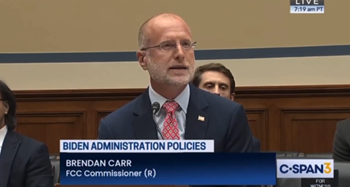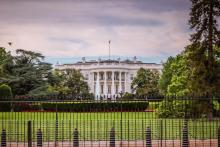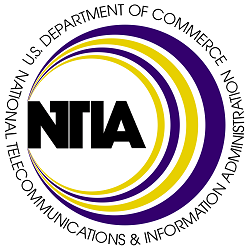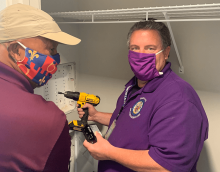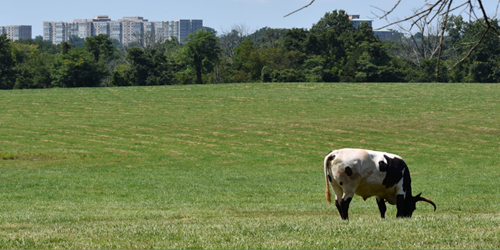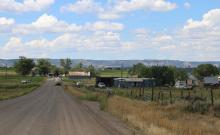2024 in Review | Episode 104 of the Connect This! Show

Catch the latest episode of the Connect This! Show, with co-hosts Christopher Mitchell (ILSR) and Travis Carter (USI Fiber) joined by regular guests Kim McKinley (TAK Communications) and Doug Dawson (CCG Consulting) and special guest Jade Piros de Carvalho (Bonfire). Topics include:
- New York state can require a low-income plan option for ISPs after the Supreme Court declines to hear arguments
- Looking back on the legacy of the Biden FCC after four years
- Revisiting our predictions about how the year would go to see how we did
Join us live on December 19th, at 2pm ET or listen afterwards wherever you get your podcasts.
Join us for the next episode on Friday, January 10th at 2pm ET. Use the link below to add to your calendar.
Email us at broadband@communitynets.org with feedback and ideas for the show.
Subscribe to the show using this feed or find it on the Connect This! page, and watch on LinkedIn, on YouTube Live, on Facebook live, or below.



